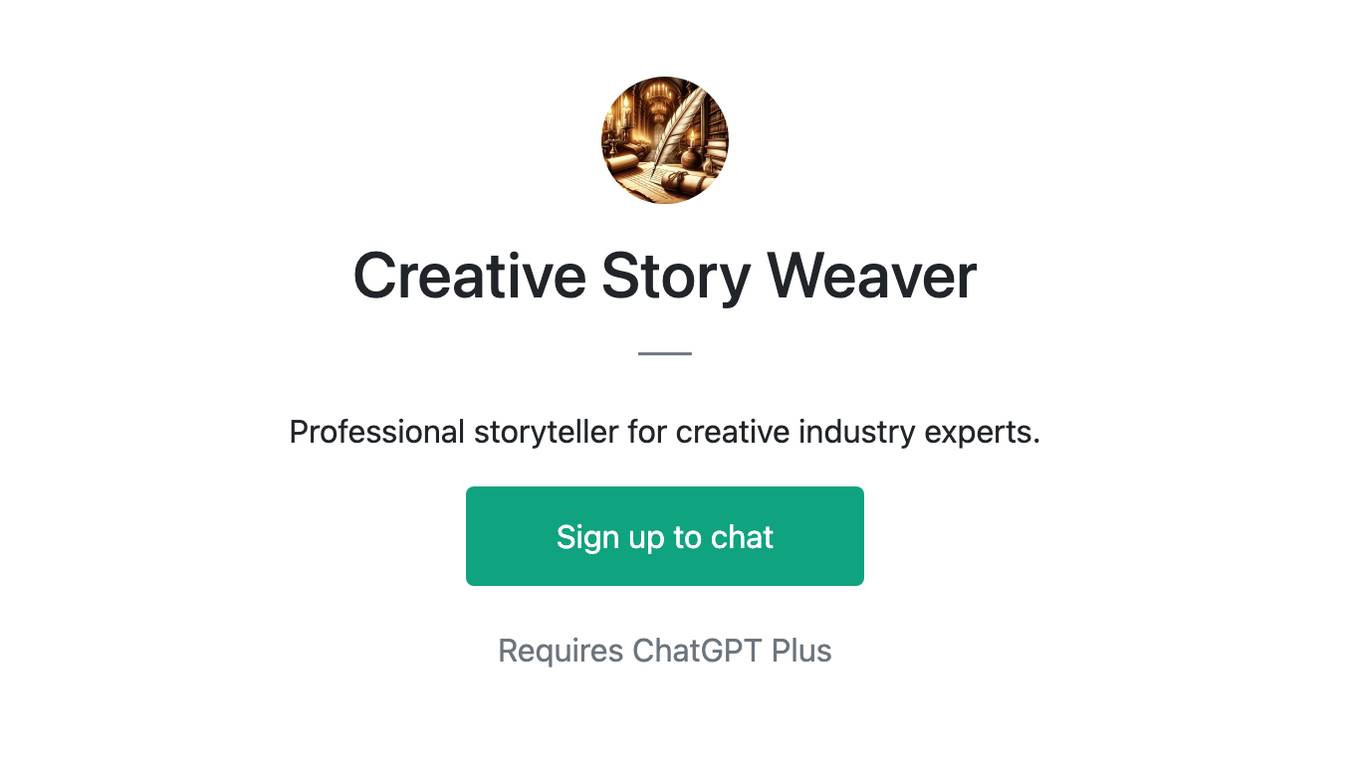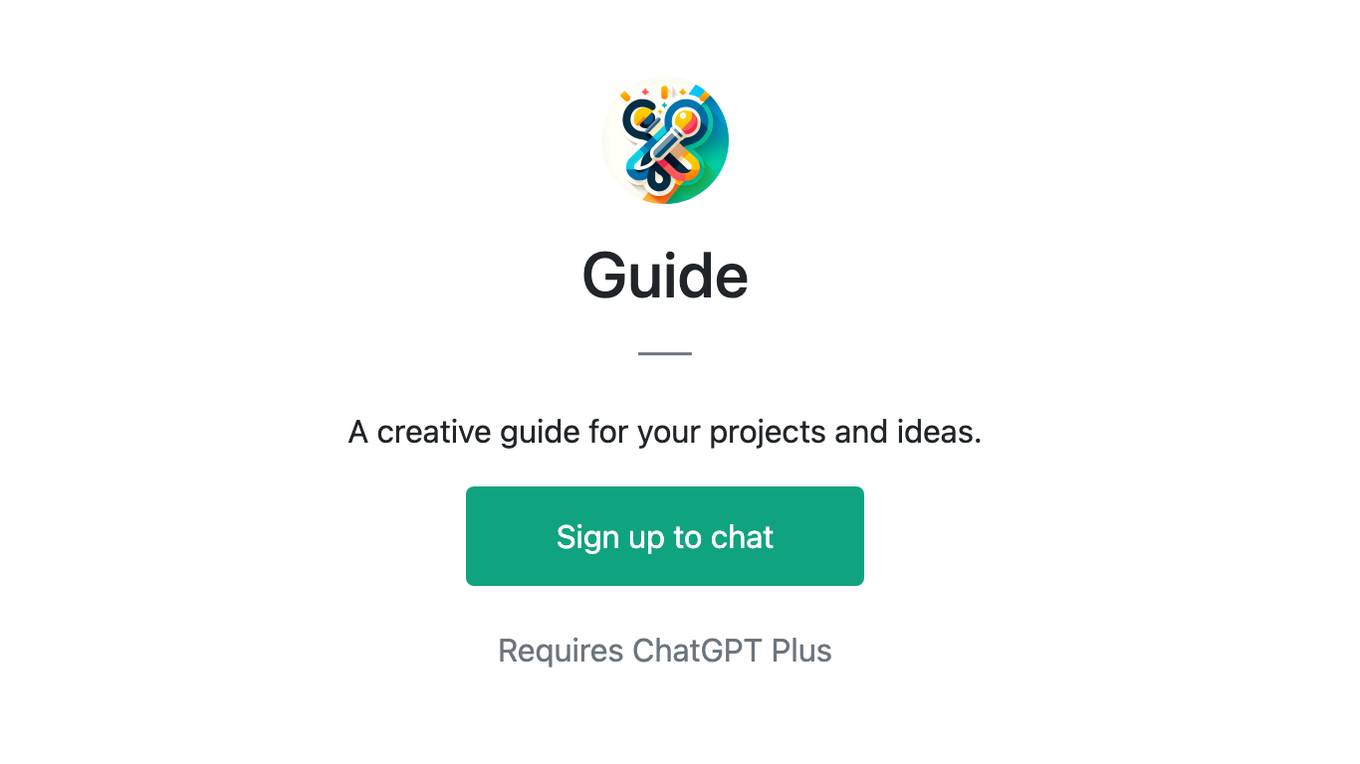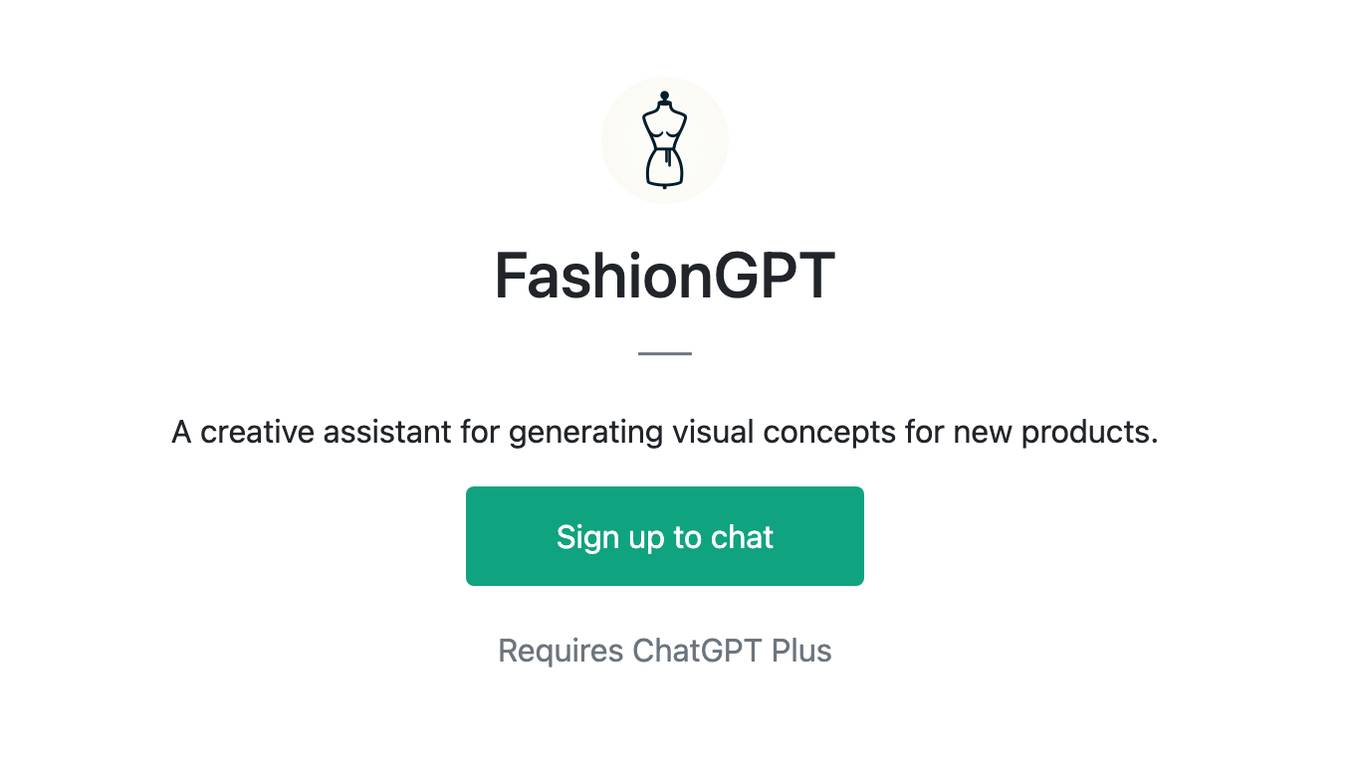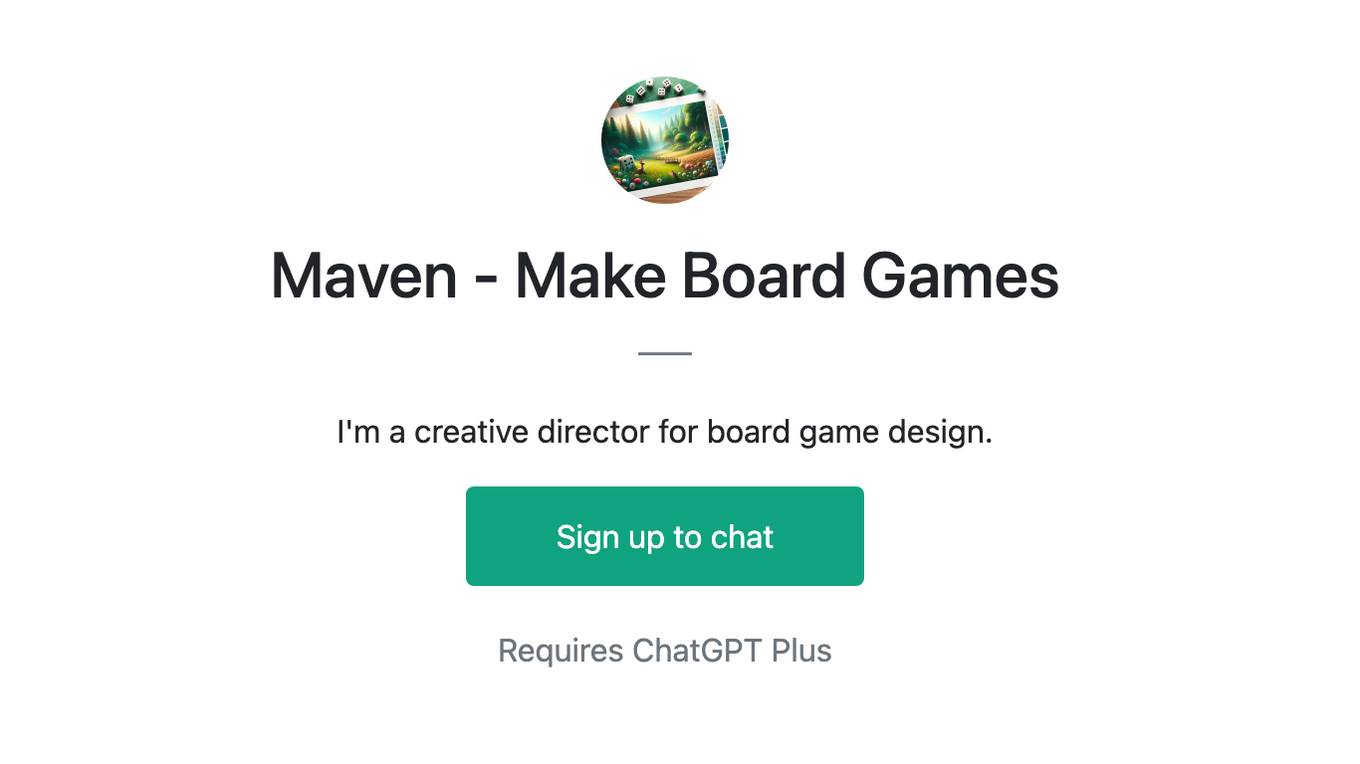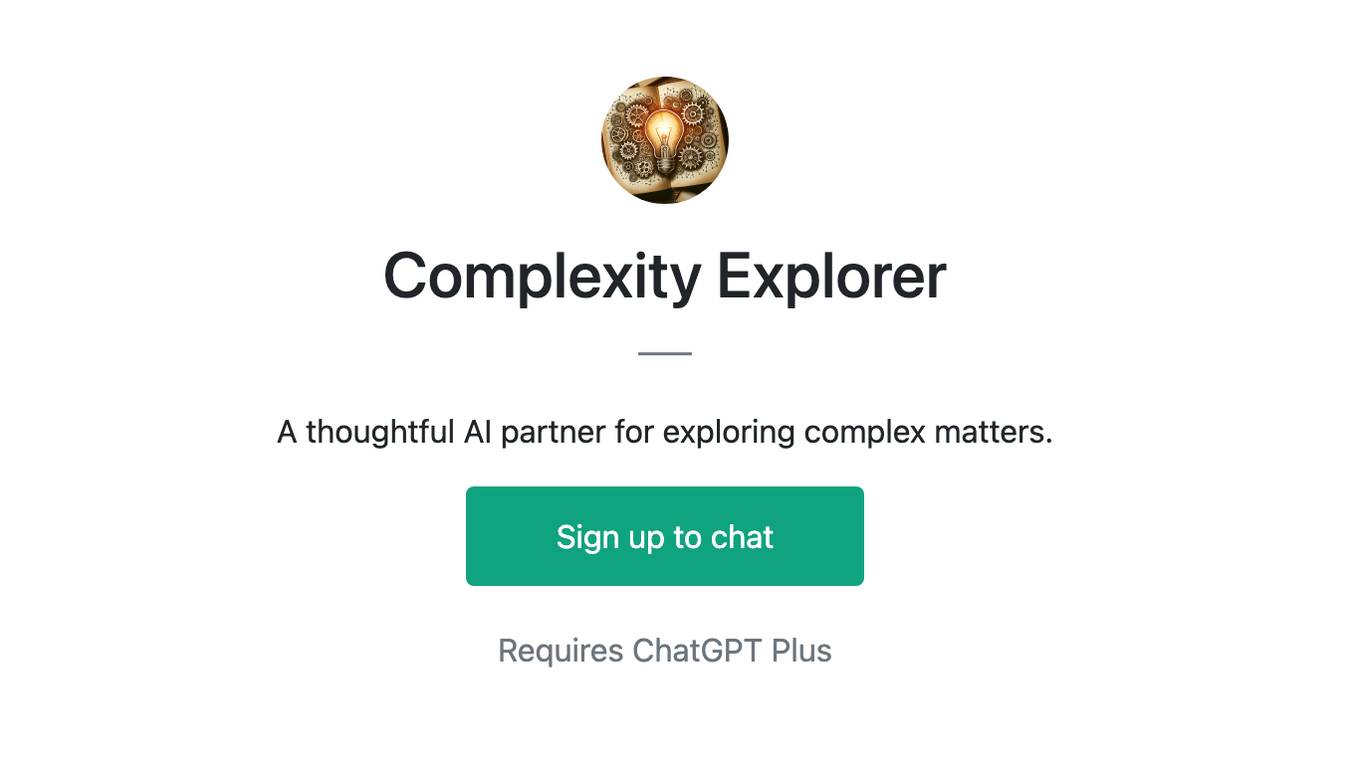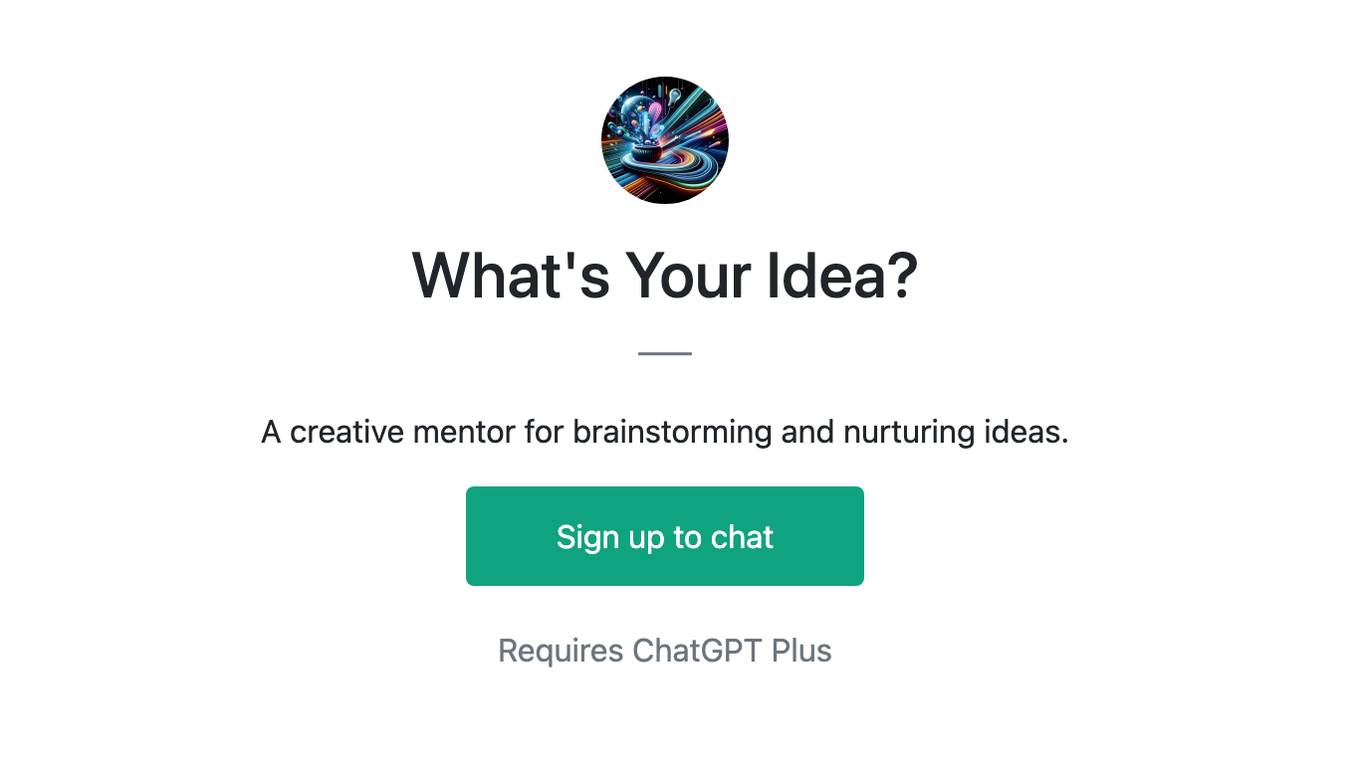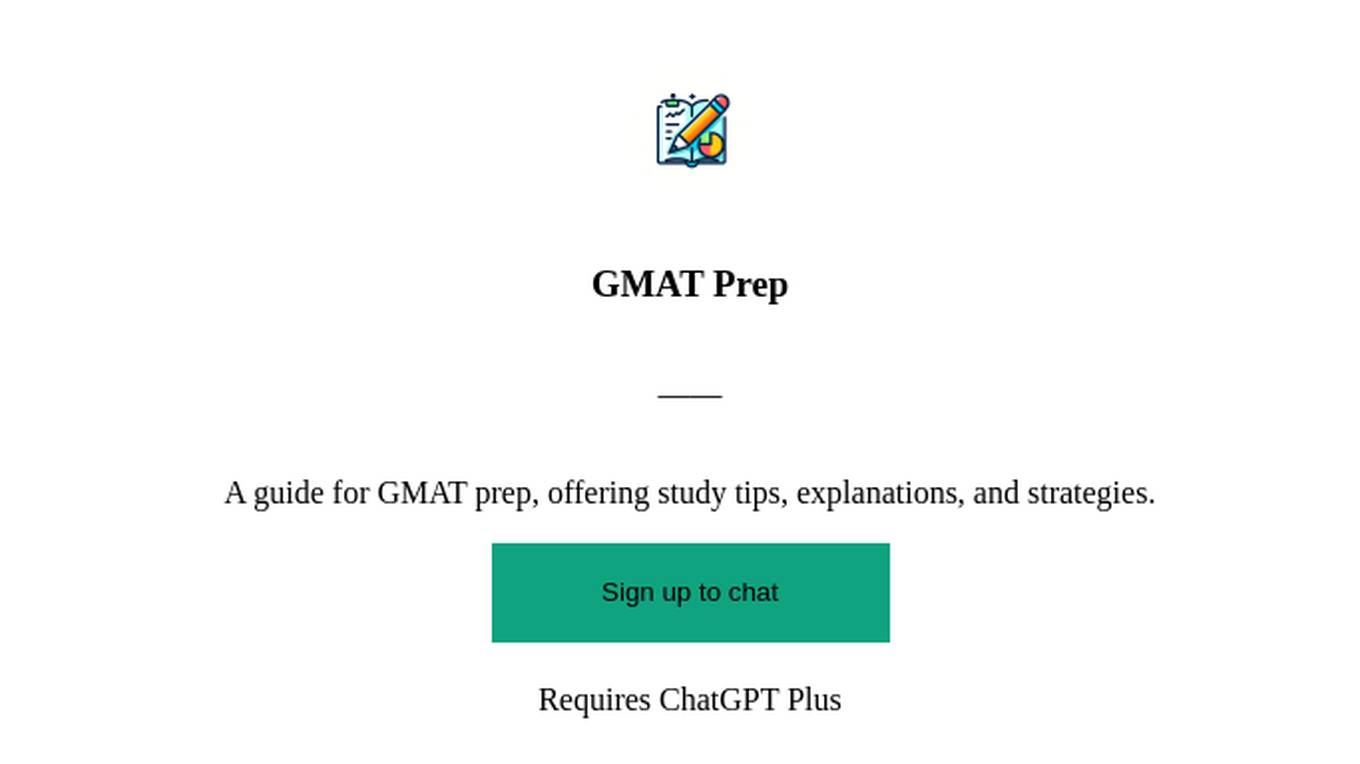Best AI tools for< Develop A Concept >
20 - AI tool Sites
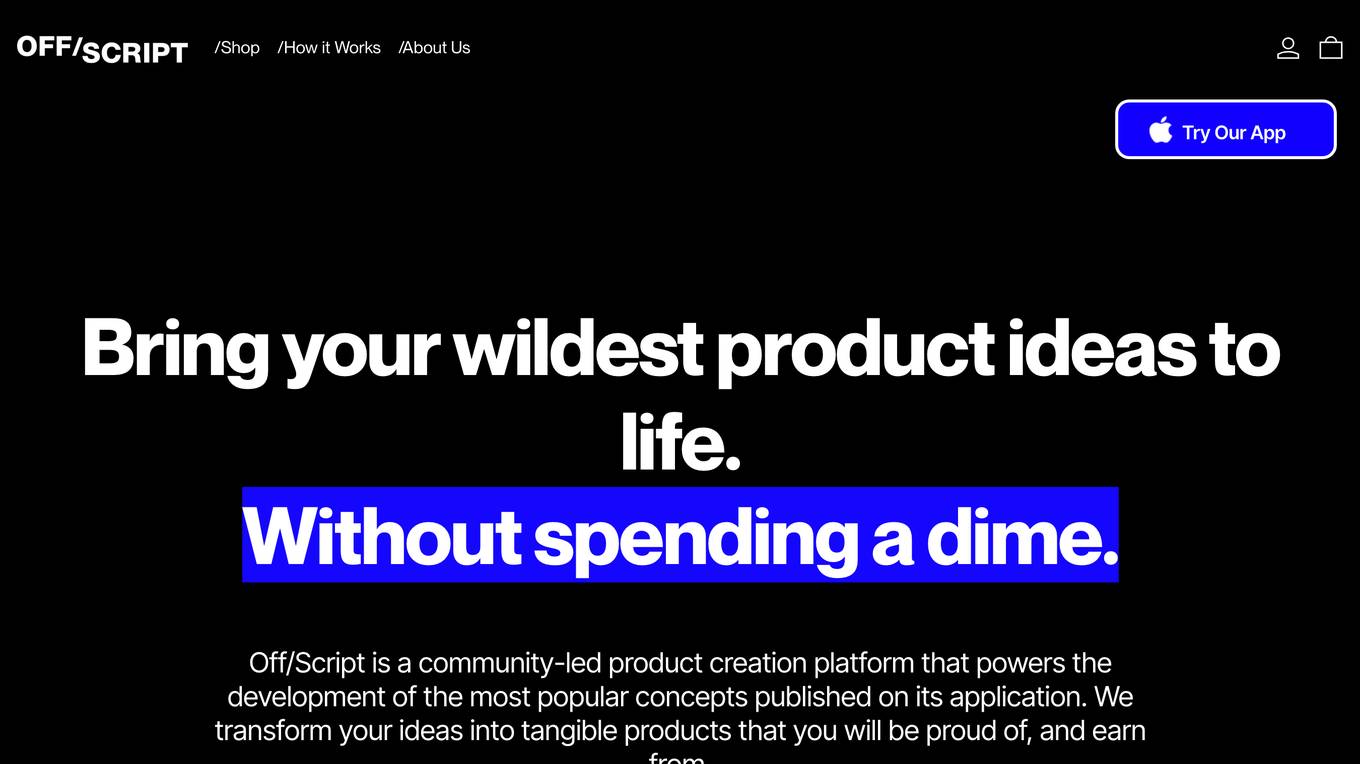
Off/Script
Off/Script is a community-led product creation platform that empowers users to bring their product ideas to life without spending any money. The platform provides users with access to an AI-powered product creation studio, a community of design experts, and a marketplace to sell their products. Off/Script handles all product creation and logistics requirements, so users can focus on what they do best: designing and creating innovative products.

Koolio.ai
Koolio.ai is an AI-powered storytelling platform that helps you create engaging and personalized stories. With Koolio.ai, you can easily generate story ideas, develop characters, and write compelling narratives. Whether you're a professional writer, a student, or just someone who loves to tell stories, Koolio.ai can help you take your storytelling to the next level.
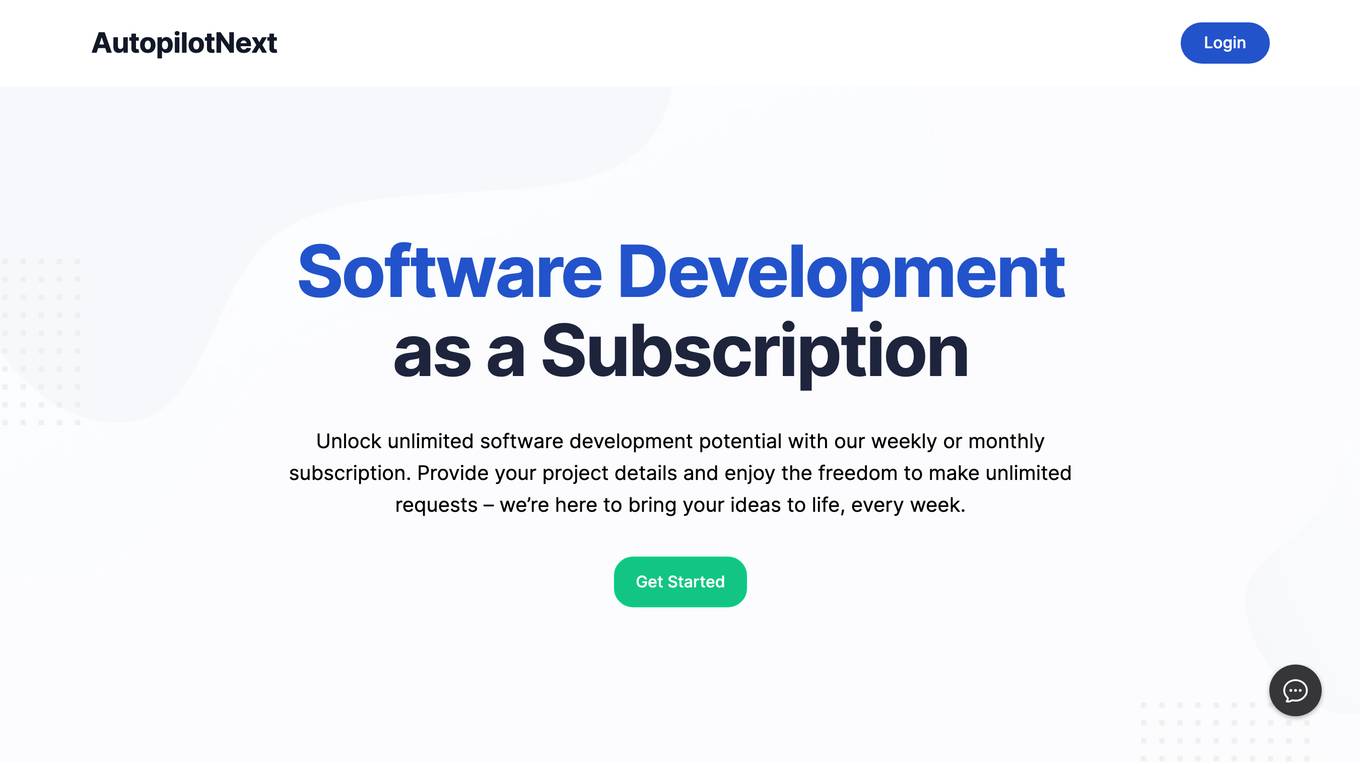
AutopilotNext
AutopilotNext is a next-generation software development agency that offers a subscription-based model for unlimited software development. With AutopilotNext, businesses can avoid overspending on costly or unsuitable developers, accelerate development speed, and enhance quality. The agency specializes in various services, including custom AI chatbots, custom websites, custom CRM dashboards, rapid MVP development, workflow automation, software maintenance, and landing page development. AutopilotNext's approach to Rapid MVP Development ensures that businesses can swiftly bring their concepts to market and gather critical insights. The agency also offers Chrome extension development services.

Brick Generator
Brick Generator is a proof of concept tool that allows users to generate 3D brick models from text descriptions. It is powered by artificial intelligence and machine learning algorithms, which enable it to understand the user's intent and create realistic and detailed models. The tool is still in its early stages of development, but it has the potential to revolutionize the way that architects, engineers, and designers create and visualize their projects.
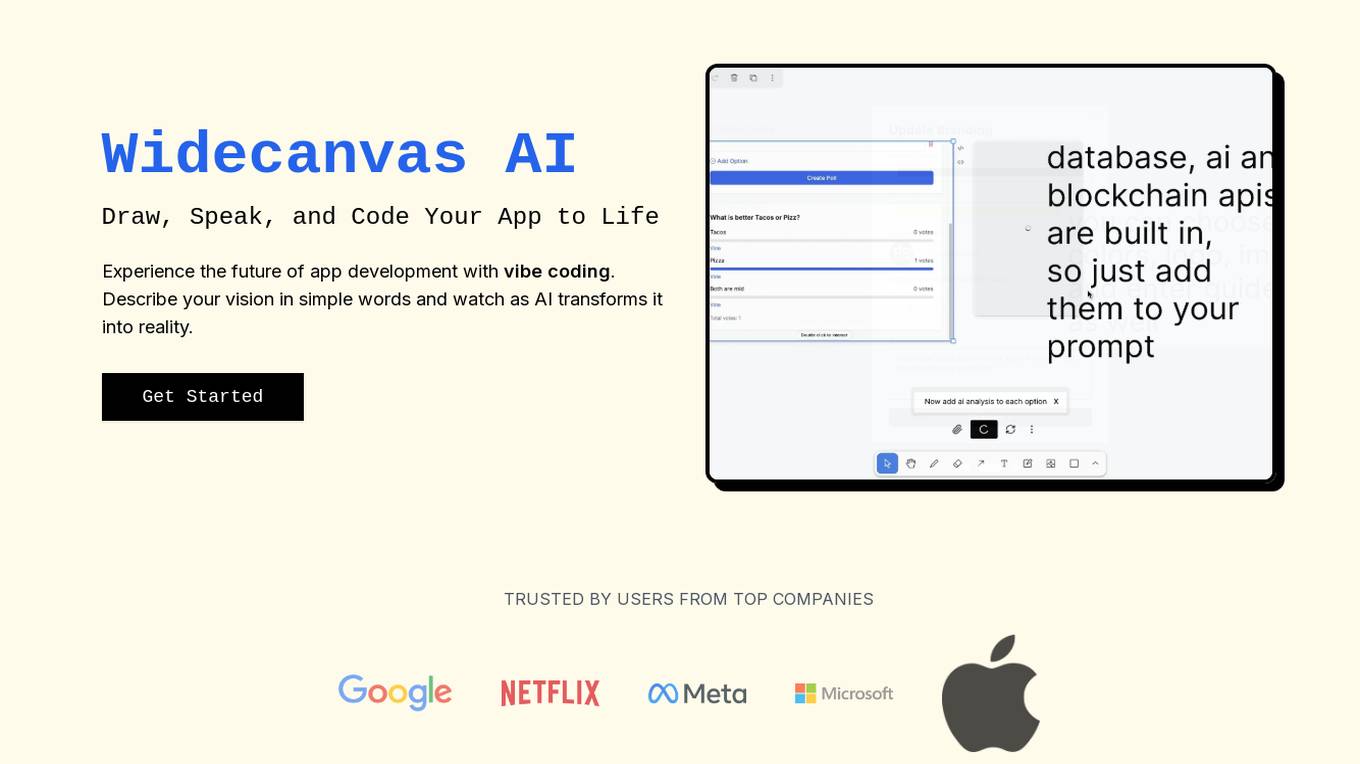
Widecanvas AI
Widecanvas AI is a versatile platform that allows users to bring their ideas to life through drawing, speaking, and coding. With a user-friendly interface, it caters to individuals looking to create apps without the need for extensive technical knowledge. The platform seamlessly integrates drawing and coding functionalities, enabling users to visualize and implement their concepts in a single environment. Widecanvas AI empowers users to unleash their creativity and transform their visions into functional applications with ease.
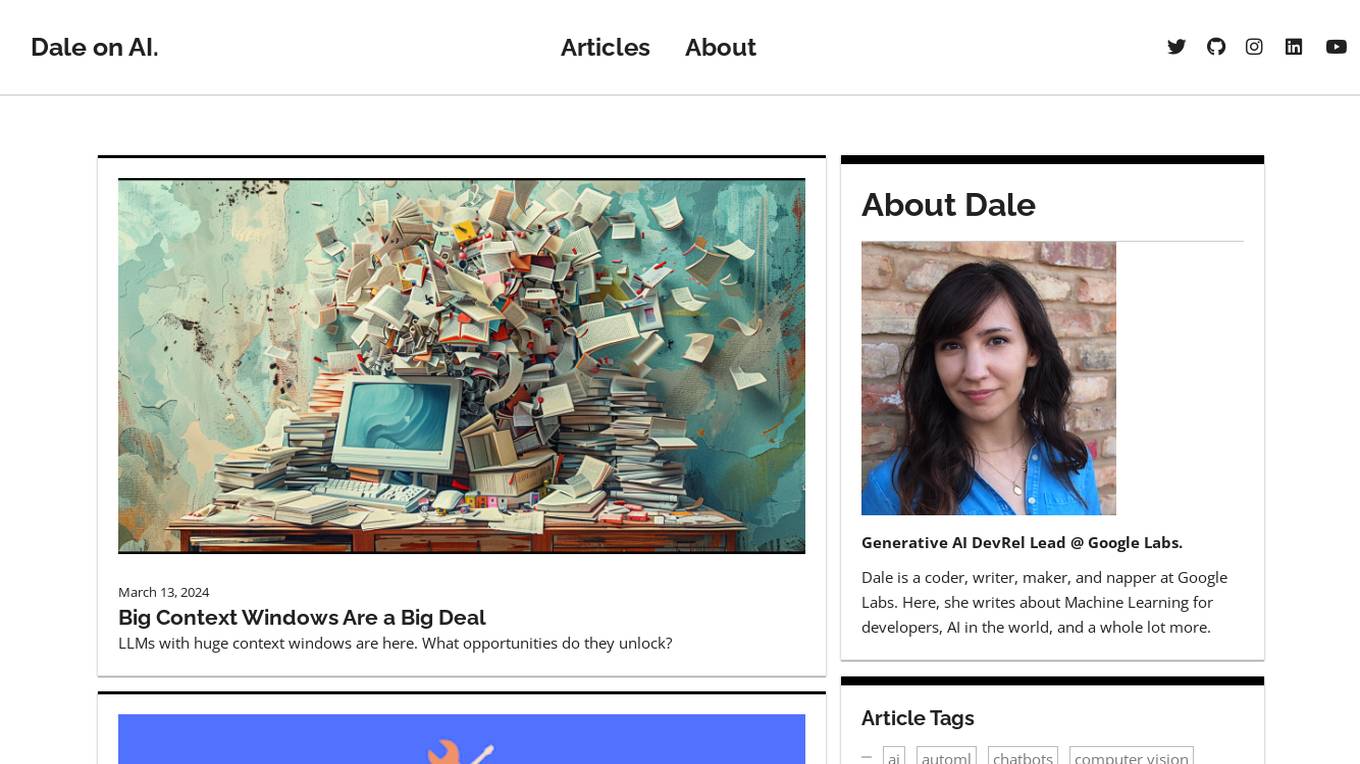
Dale on AI
Dale on AI is a website dedicated to providing insightful articles and guides on various topics related to artificial intelligence, machine learning, and deep learning. The website covers a wide range of subjects, from practical tutorials on building AI-powered applications to in-depth explanations of cutting-edge AI technologies. With a focus on making complex AI concepts accessible to developers and enthusiasts, Dale on AI serves as a valuable resource for anyone interested in exploring the world of artificial intelligence.
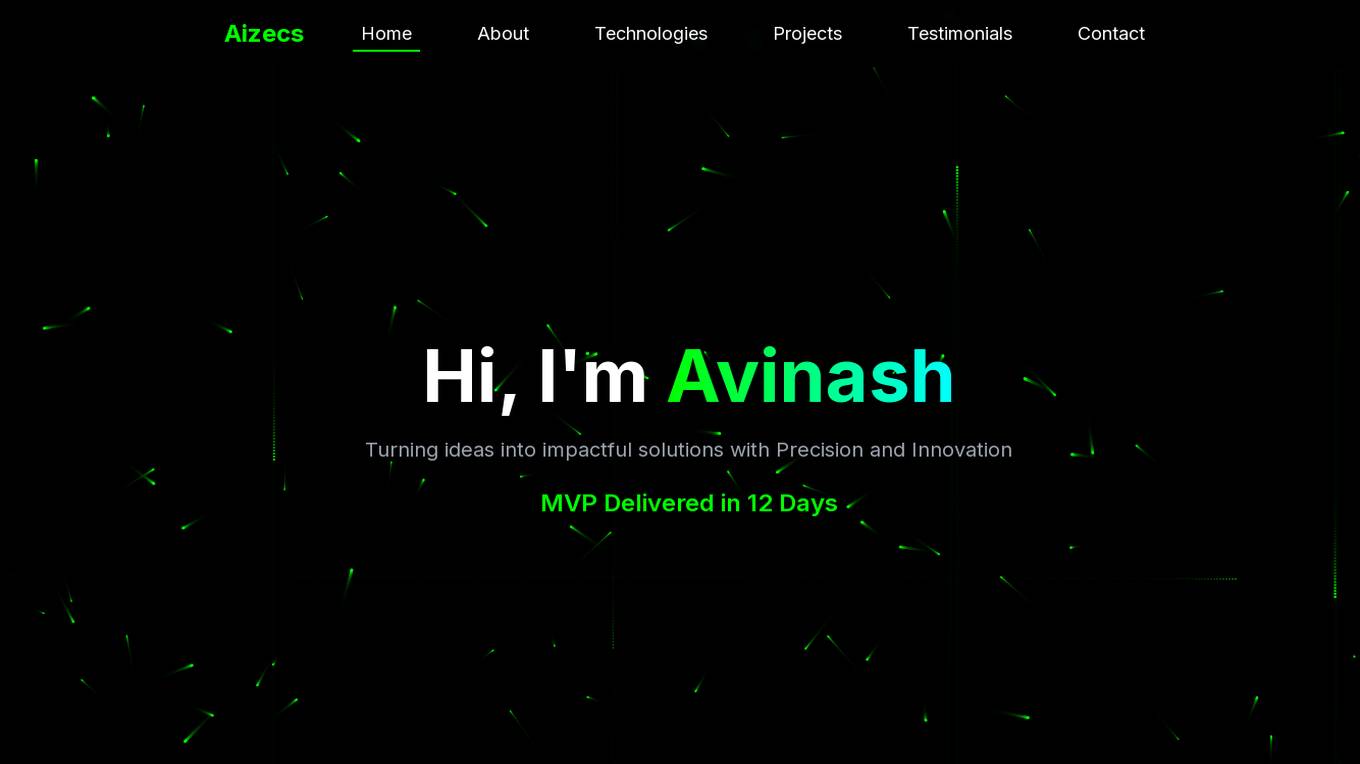
Aizecs
Aizecs is an AI application that helps users build their AI startup MVP in just 12 days. The platform offers a range of technologies and projects to assist in turning ideas into impactful solutions with precision and innovation. Users can access curated prompts, AI-driven therapy, and various tech tools to accelerate their development process. Aizecs is trusted by successful founders for its speed, accuracy, and context understanding in data analysis and natural language processing.
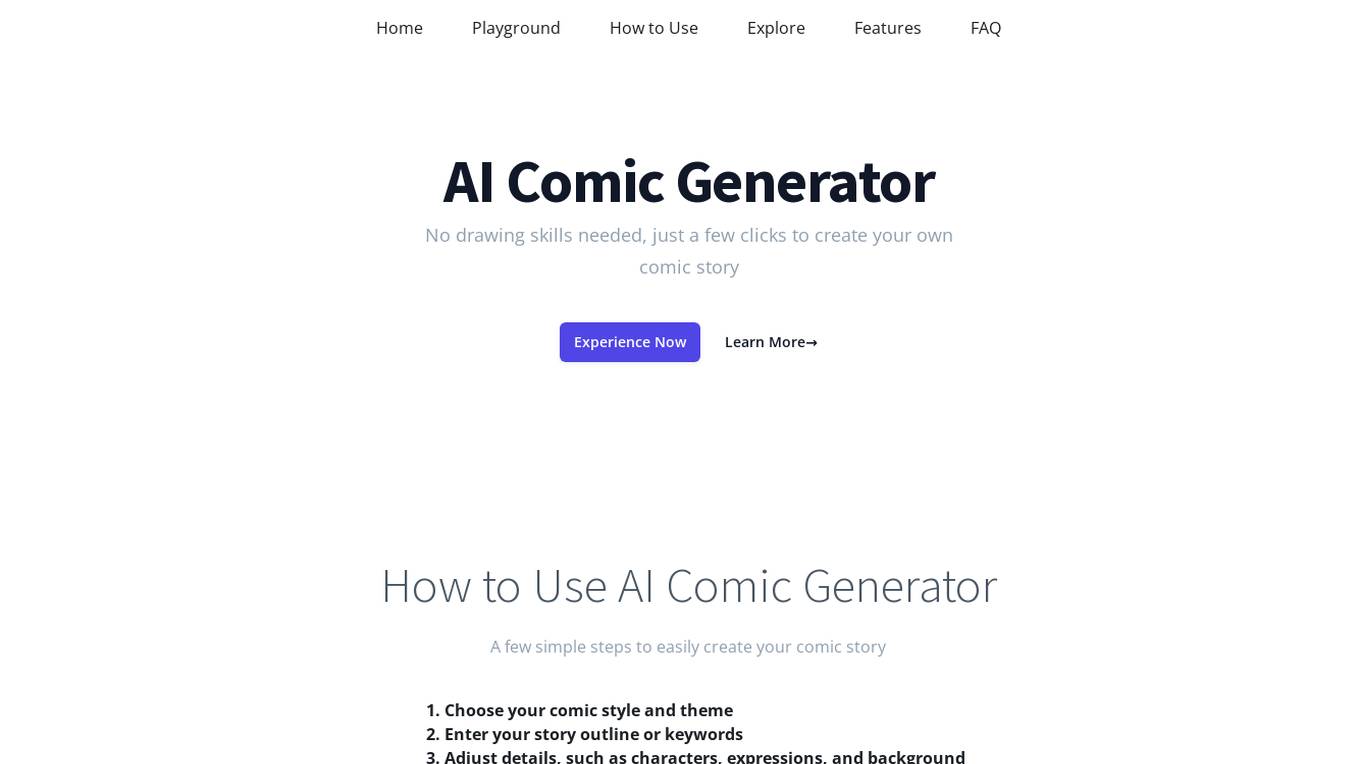
AI Comic Generator
AI Comic Generator is a free online tool that allows users to create their own comic stories without any drawing skills. With just a few clicks, users can choose their comic style and theme, enter their story outline or keywords, and adjust details such as characters, expressions, and background. The tool then generates a high-resolution, richly detailed comic image that can be downloaded or shared on social media.
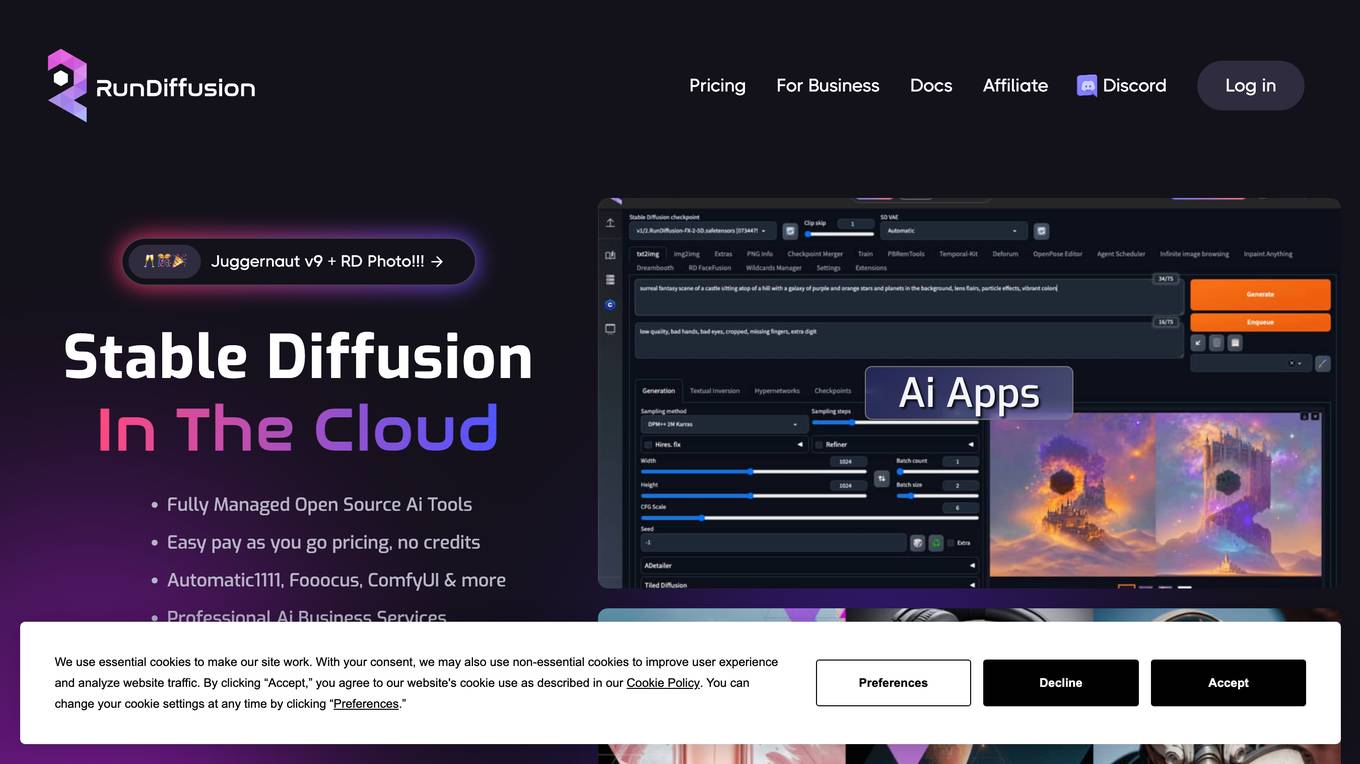
RunDiffusion
RunDiffusion is a cloud-based platform that provides access to a suite of open-source AI tools, including Automatic1111, Fooocus, ComfyUI, and more. These tools enable users to generate images, videos, and other creative content using artificial intelligence. RunDiffusion offers a variety of features, including a user-friendly interface, a wide range of models to choose from, and the ability to collaborate with other users. The platform is suitable for both hobbyists and professionals, and it can be used for a variety of tasks, such as creating marketing materials, generating product ideas, and developing new artistic concepts.
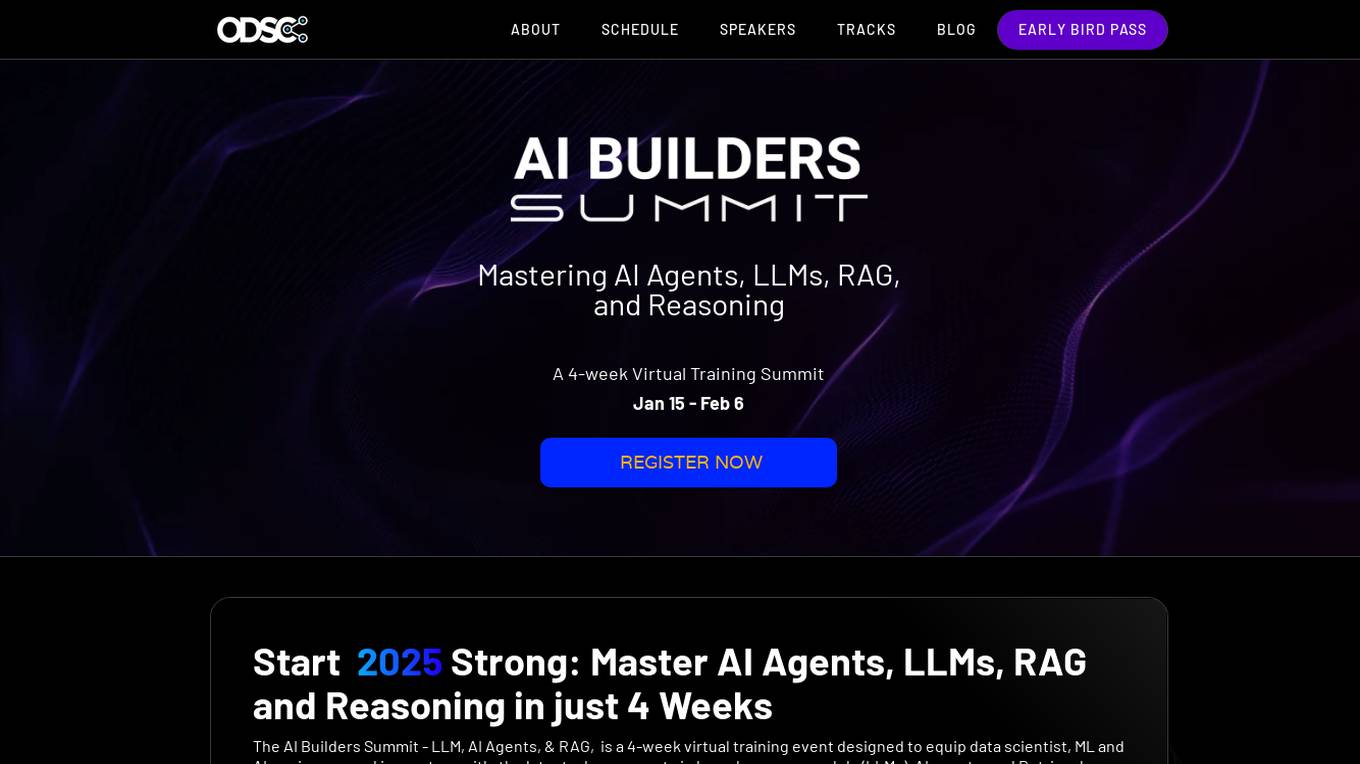
AI Builders Summit
AI Builders Summit is a 4-week virtual training event designed to equip data scientists, ML and AI engineers, and innovators with the latest advancements in large language models (LLMs), AI agents, and Retrieval-Augmented Generation (RAG). The summit emphasizes hands-on learning and real-world applications, with interactive workshops, platform credits, and direct exposure to industry-leading tools. Attendees can learn progressively over four weeks, building practical skills through expert-led sessions, cutting-edge tools, and industry insights.
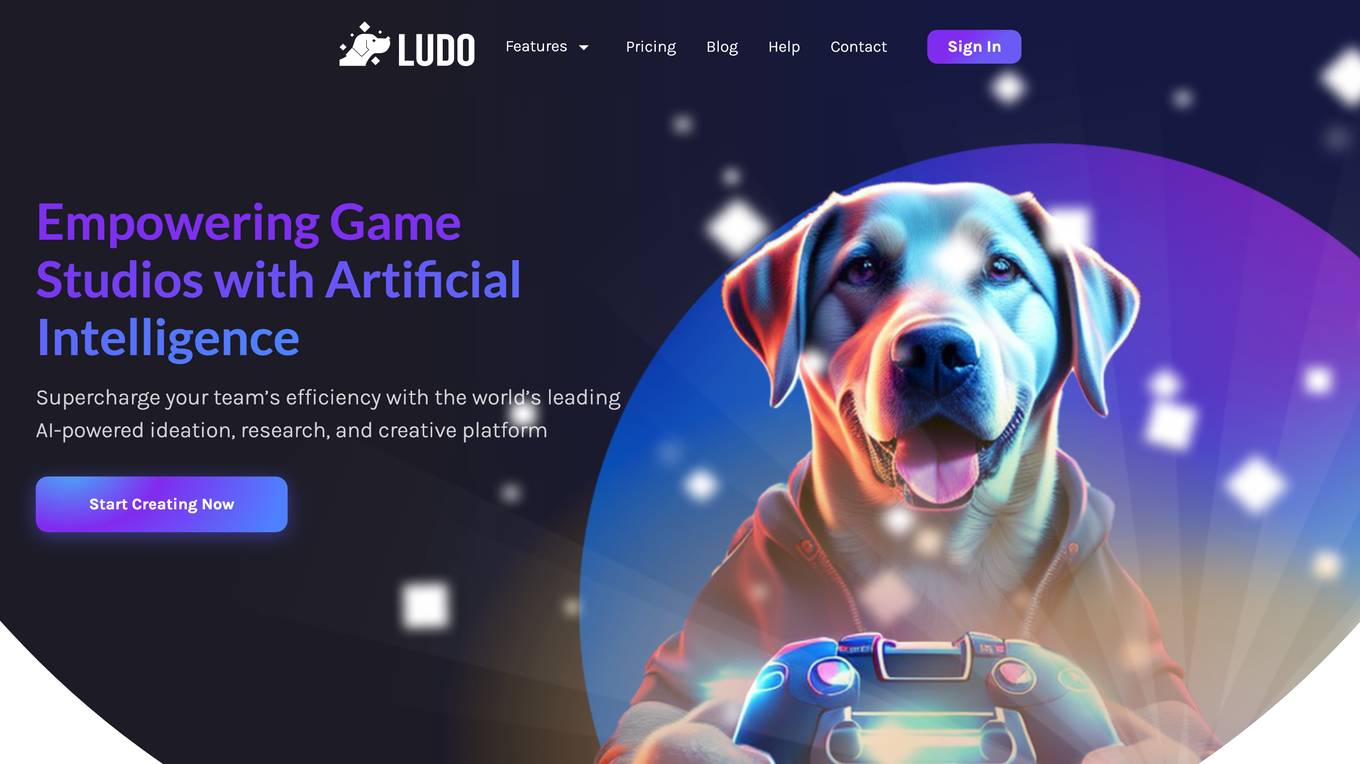
Ludo.ai
Ludo.ai is a comprehensive AI-powered platform designed to assist game studios in the pre-production stage of game development. It offers a suite of tools that leverage AI text generation, AI image generation, and AI-powered semantic search to streamline the process of researching, generating, and developing game concepts. Ludo.ai empowers game developers with the ability to generate new game ideas, monitor market trends, conduct in-depth research, organize and boost productivity, and access a range of resources to enhance their game design process.
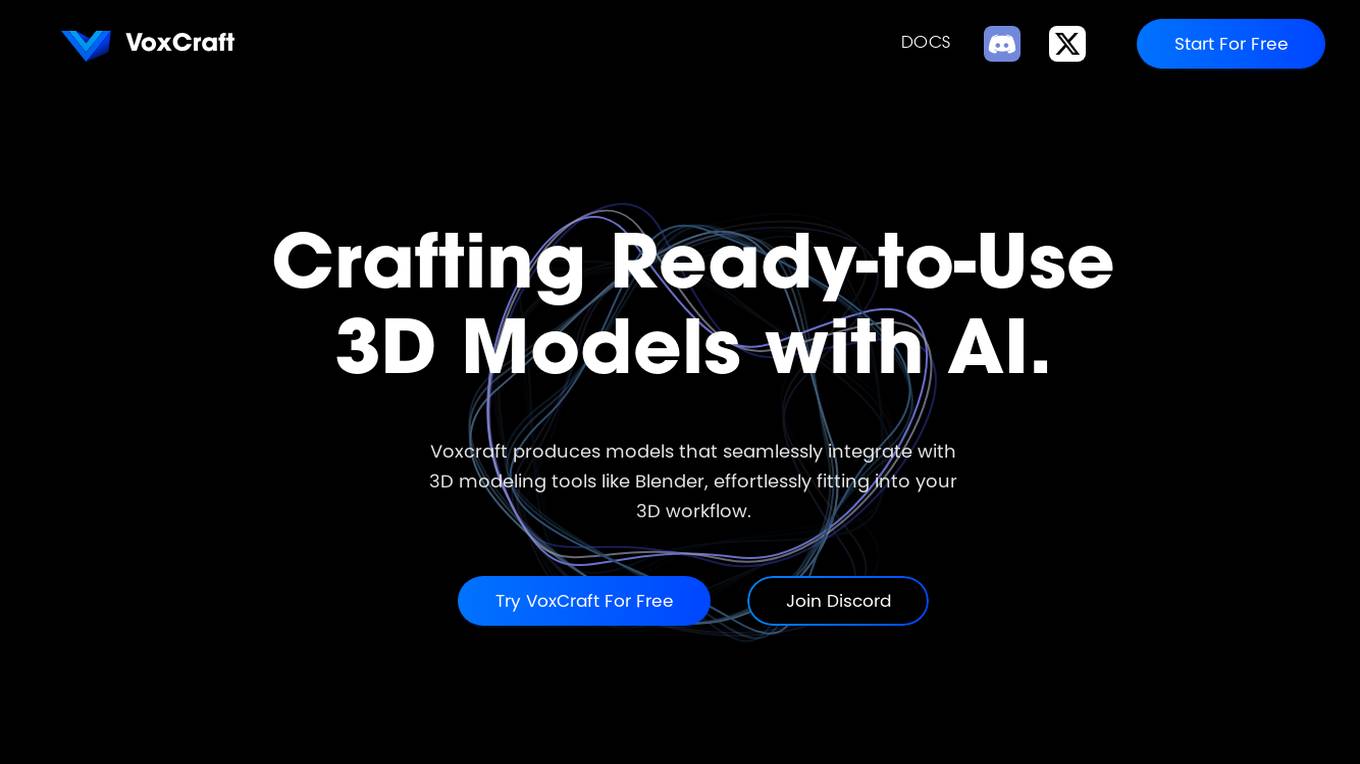
VoxCraft
VoxCraft is a free 3D AI generator that allows users to create realistic 3D models using artificial intelligence technology. With VoxCraft, users can easily generate detailed 3D models without the need for advanced design skills or software. The application leverages AI algorithms to streamline the modeling process and produce high-quality results. Whether you are a beginner or an experienced designer, VoxCraft offers a user-friendly platform to bring your creative ideas to life in the world of 3D modeling.
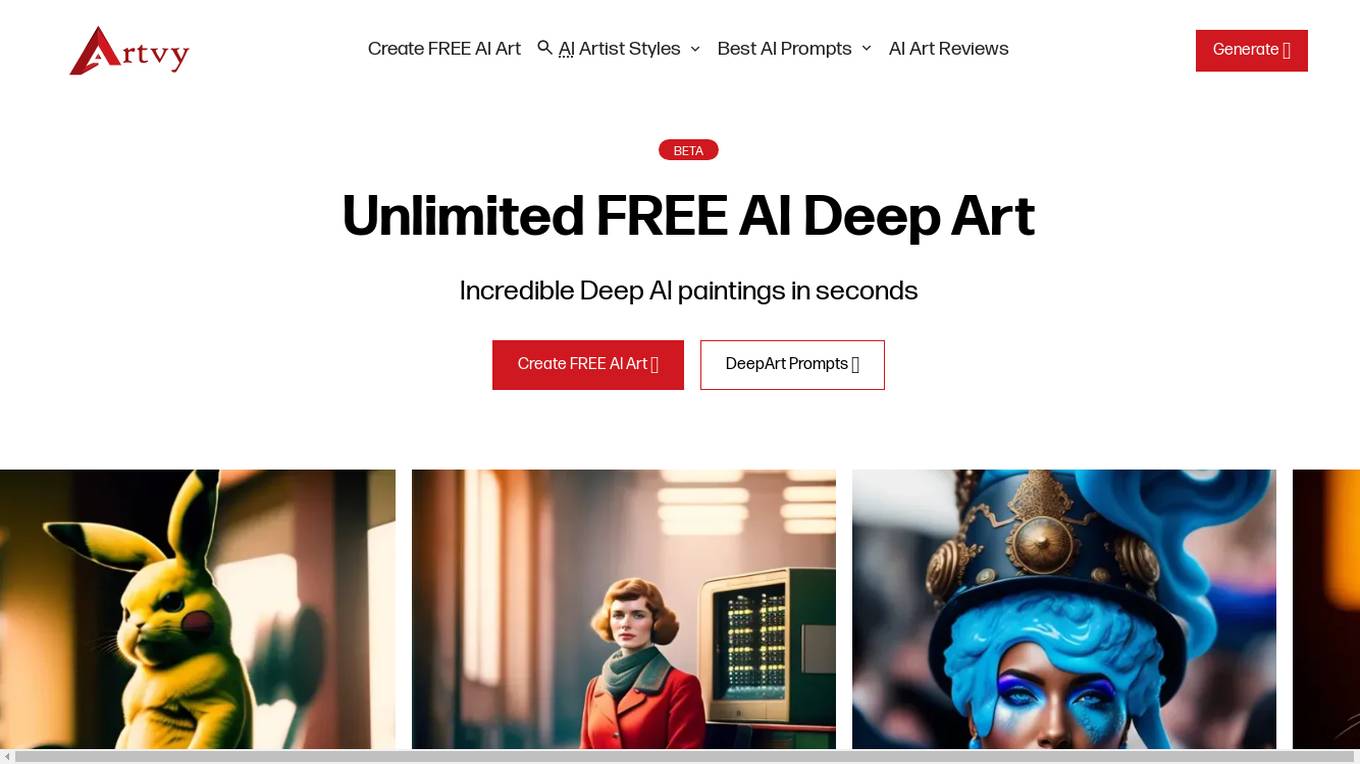
Artvy
Artvy is an AI tool that allows users to create unlimited AI art for free. It offers a wide range of AI artist styles suitable for architects, designers, filmmakers, illustrators, painters, photographers, and more. Users can generate deep AI paintings in seconds across various genres and styles, such as photography, anime, fashion, concept art, architecture, and more. Artvy leverages the power of artificial intelligence to revolutionize the art creation process, providing high-quality AI artwork styles that are indistinguishable from human-made art.
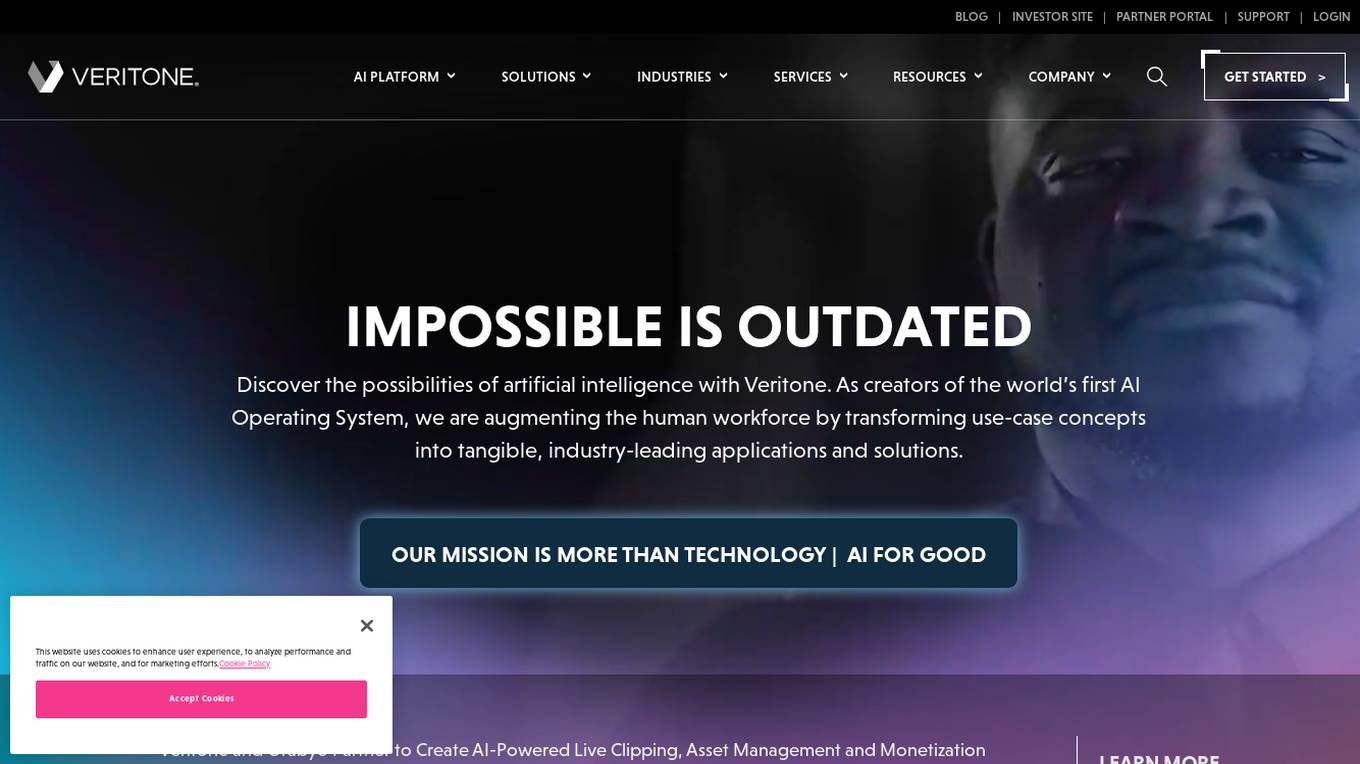
Veritone
Veritone is a leading provider of artificial intelligence (AI) solutions for businesses. Its flagship product, aiWARE, is an enterprise AI platform that provides access to hundreds of cognitive engines through one common software infrastructure. Veritone's AI solutions are used by businesses in a variety of industries, including media and entertainment, recruitment, government, legal and compliance, and sports. Veritone's mission is to augment the human workforce by transforming use-case concepts into tangible, industry-leading applications and solutions.
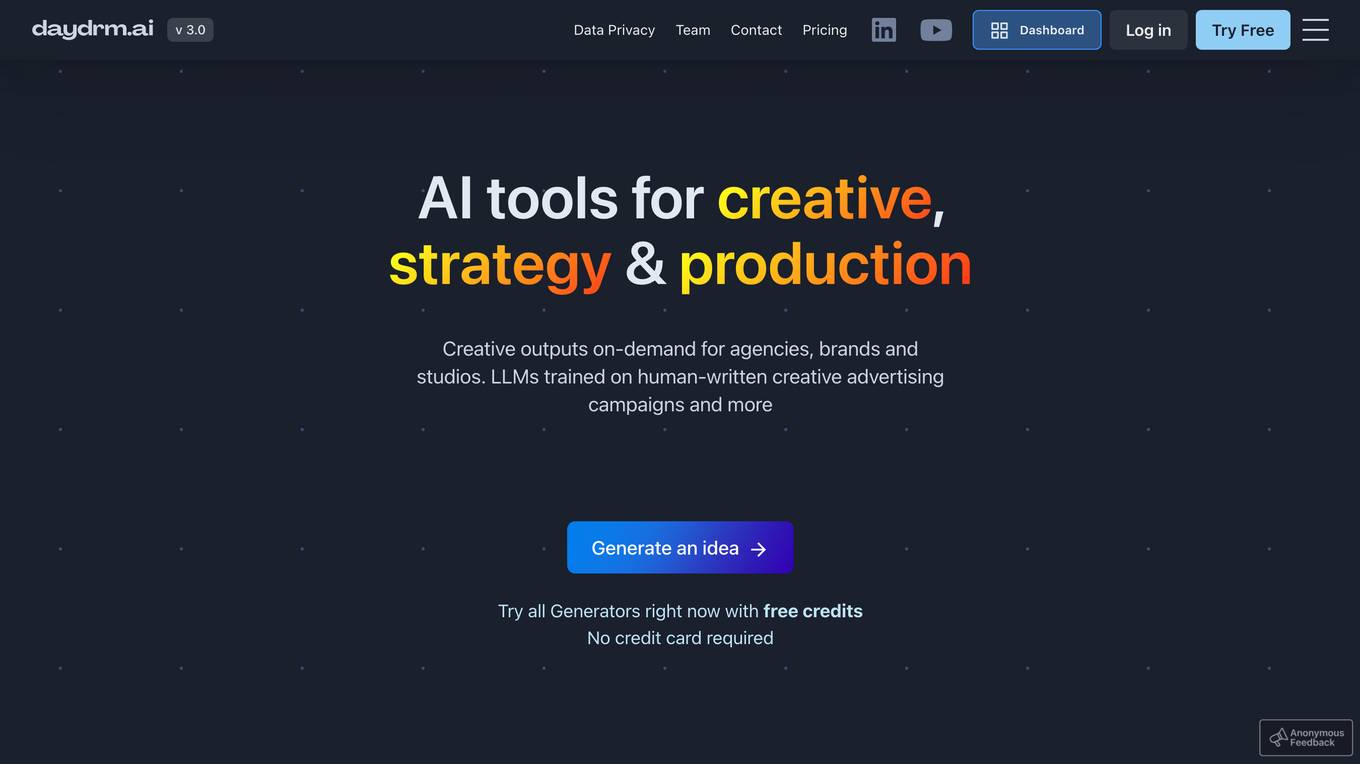
Daydrm.ai
Daydrm.ai is a suite of AI-powered tools designed to help creative professionals, strategists, and directors generate ideas, create content, and develop marketing campaigns. The platform offers a variety of generators, each trained on a specific dataset of human-written creative advertising campaigns. Users can input a brief and receive multiple outputs, which can then be used as a starting point for their own work. Daydrm.ai is committed to privacy and security, and all inputs and outputs are kept confidential.
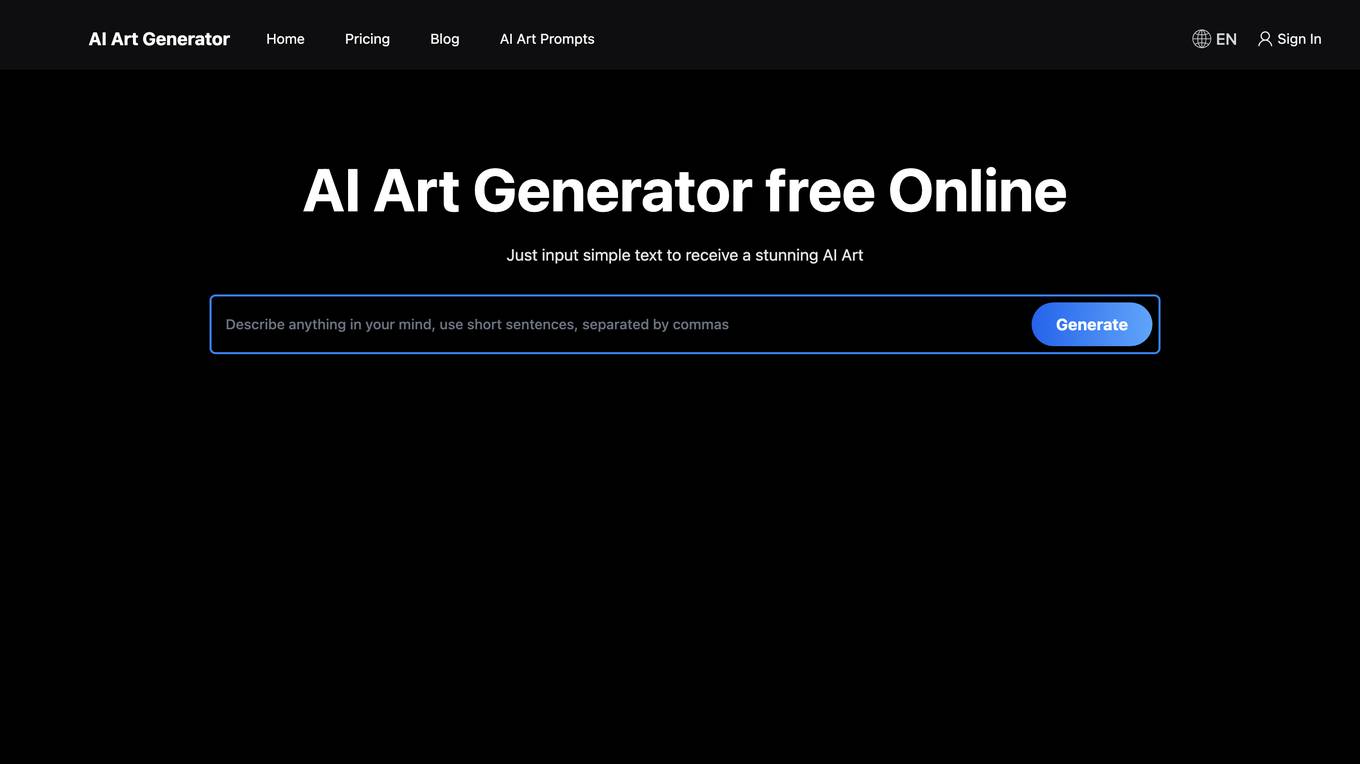
AI Art Generator
AI Art Generator is an online platform that leverages state-of-the-art Stable Diffusion technology to quickly turn users' imaginations into amazing artistic creations with just simple text prompts. Users can create unique images by providing text descriptions, and the AI model generates original artworks in seconds. The platform allows anyone to easily create stunning AI-generated artworks without needing artistic skills or training. AI Art Generator aims to provide a seamless and creative experience for users to explore the future of art through advanced technology.
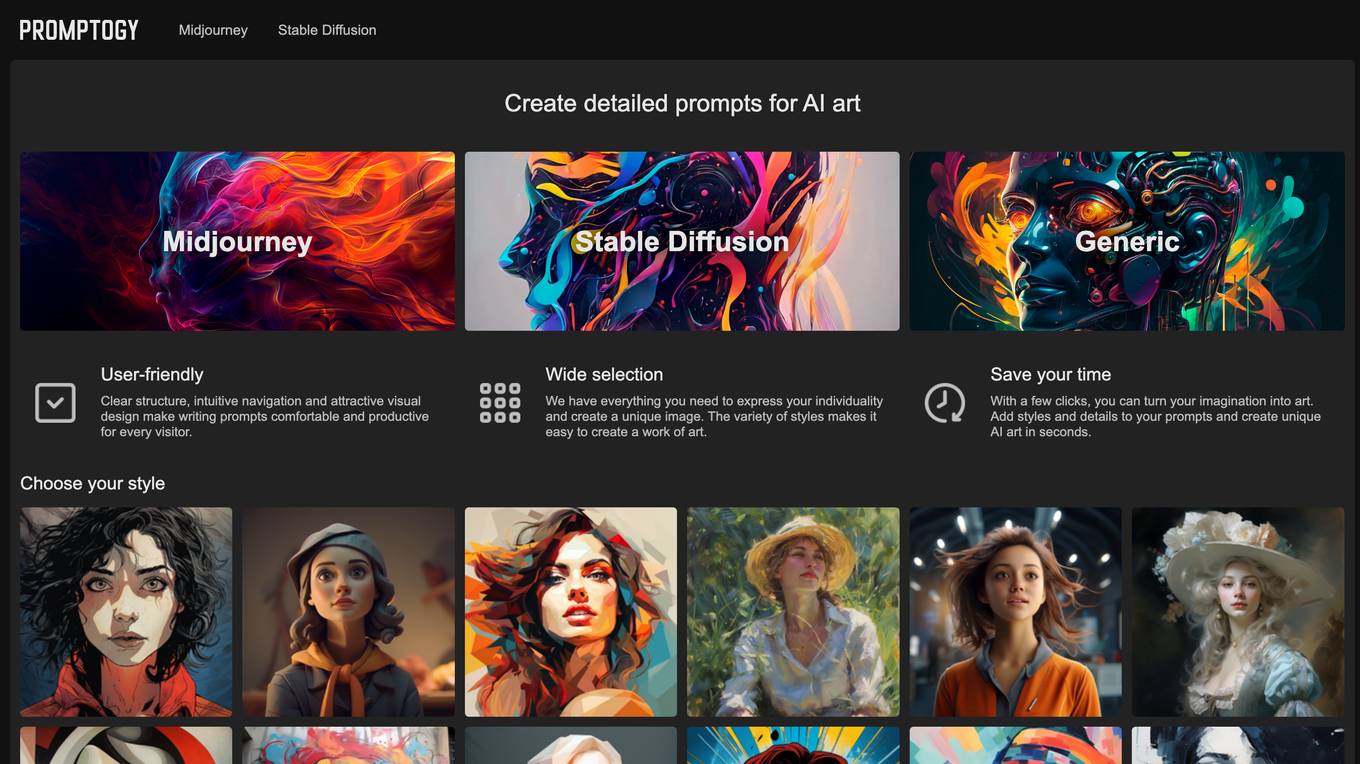
Promptogy
Promptogy is a user-friendly prompt builder for AI art tools like Midjourney and Stable Diffusion. It offers a wide selection of styles and features to help users create unique and visually appealing AI-generated images. The platform is designed to be intuitive and easy to use, making it accessible to users of all skill levels.
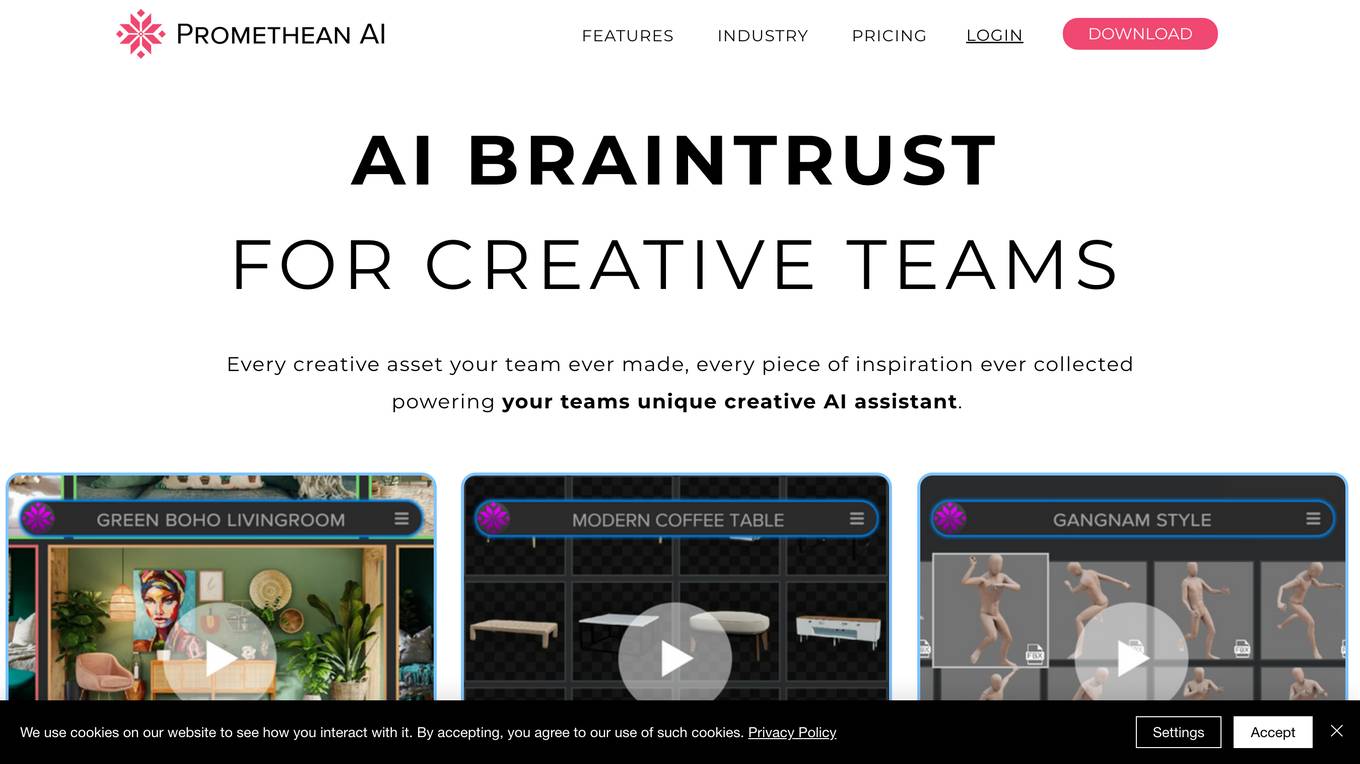
Promethean AI
Promethean AI is an AI-powered creative assistant that helps teams create digital art and assets more efficiently. It offers a range of features including asset management, world building, and enterprise features. Promethean AI is used by a variety of industries including outsourcing, asset production, architectural visualization, games, and film.
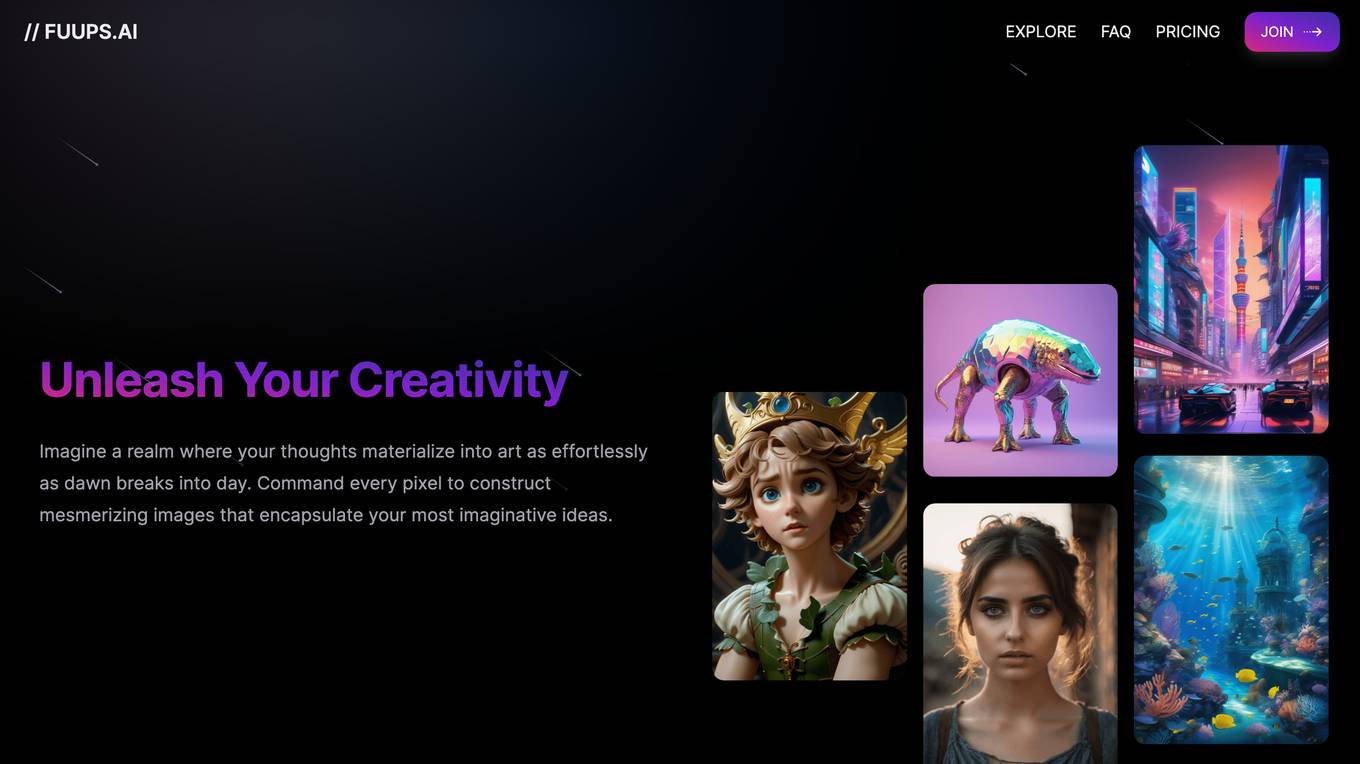
Fuups.ai
Fuups.ai is an AI-powered art generator that allows users to create stunning images and artworks with ease. With a vast library of AI models, precision control options, and intuitive creation tools, Fuups.ai empowers users to unleash their creativity and bring their imaginations to life. The platform offers a user-friendly environment where advanced AI technology is simplified into accessible tools, making it easy for anyone to create captivating digital art.
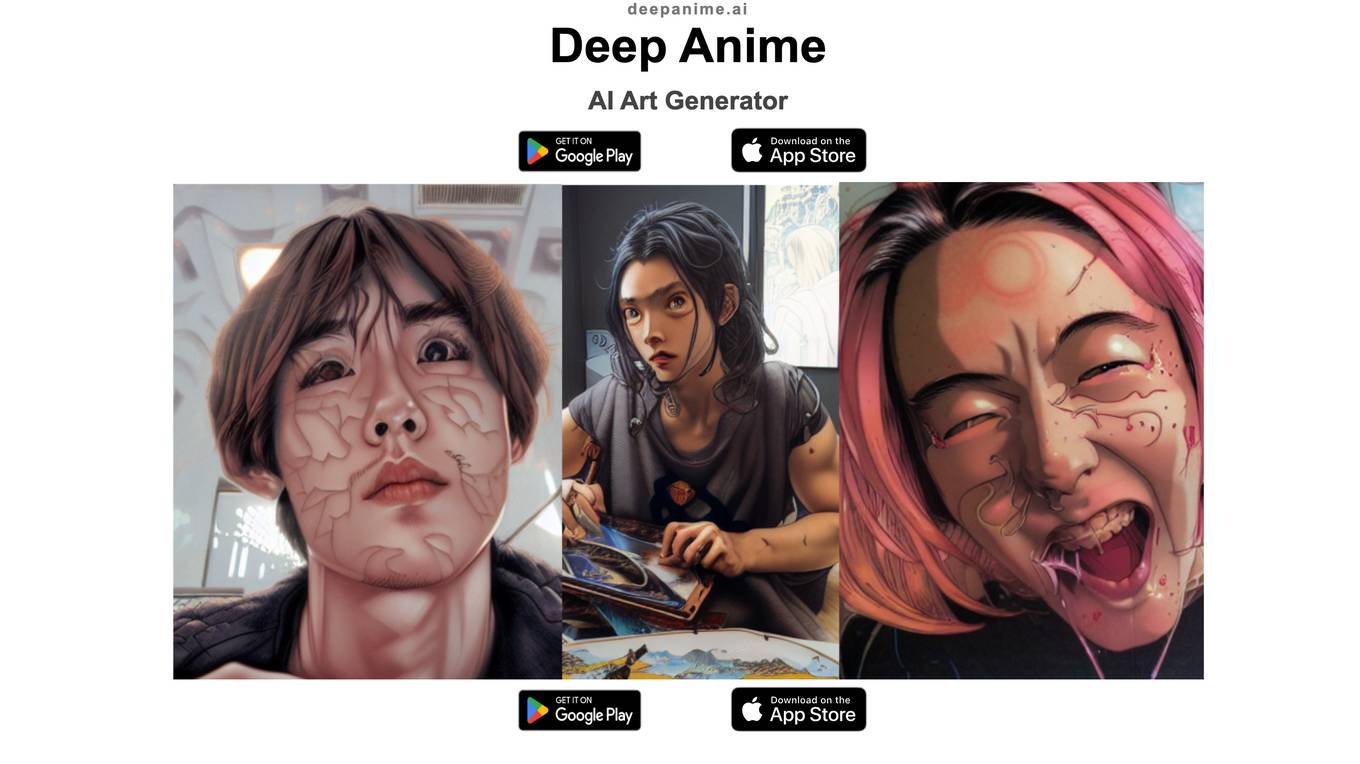
Deep Anime
Deep Anime is an AI-powered art generator that allows users to create unique anime-style images from text prompts. With a vast database of anime-related images, Deep Anime can generate high-quality images that are both visually appealing and true to the anime aesthetic.
0 - Open Source AI Tools
20 - OpenAI Gpts

Practical Restaurant Planning Consultant
A hospitality consulting expert providing insights and recommendations on hotel marketing, development, and strategy.
Concept Explainer
A facilitator for understanding concepts using a simplified Concept Attainment Method.
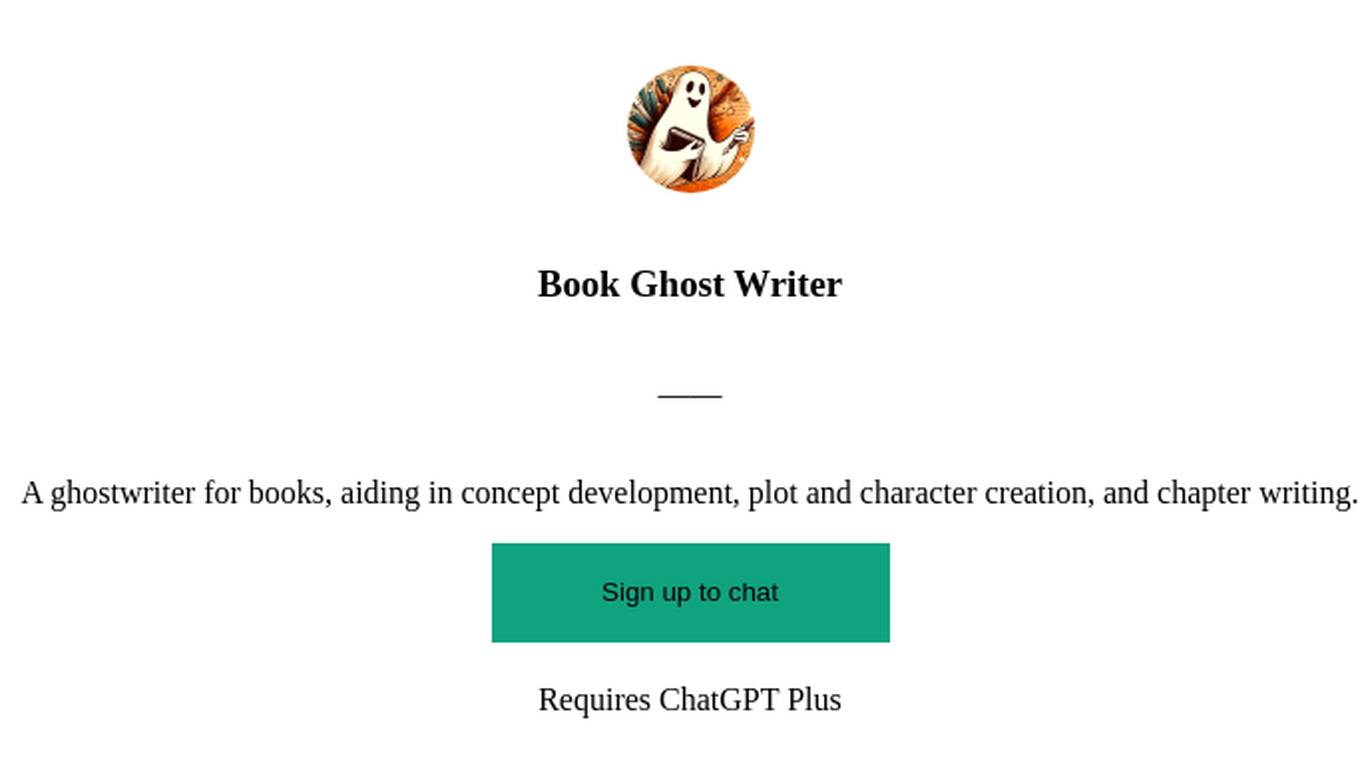
Book Ghost Writer
A ghostwriter for books, aiding in concept development, plot and character creation, and chapter writing.
IdeasGPT
AI to help expand and develop ideas. Start a conversation with: IdeaGPT or Here is an idea or I have an idea, followed by your idea.
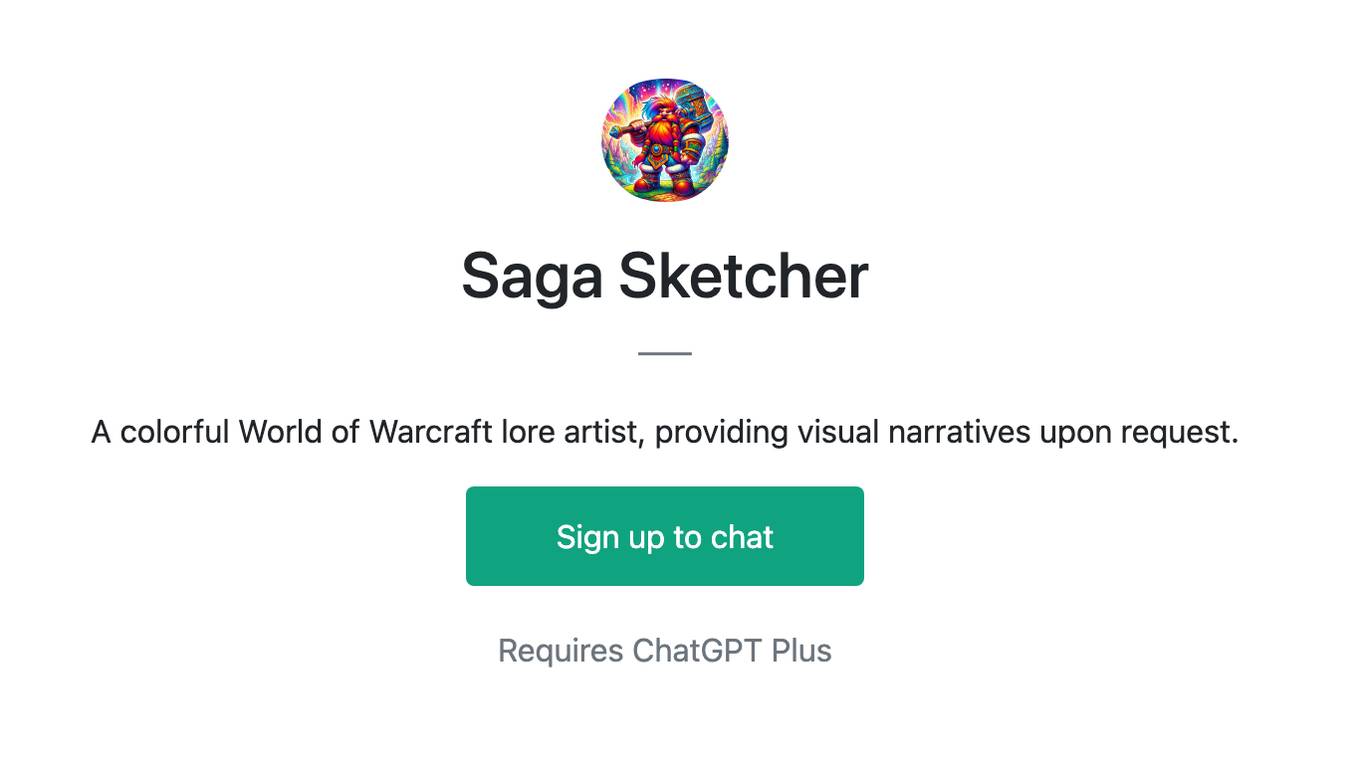
Saga Sketcher
A colorful World of Warcraft lore artist, providing visual narratives upon request.
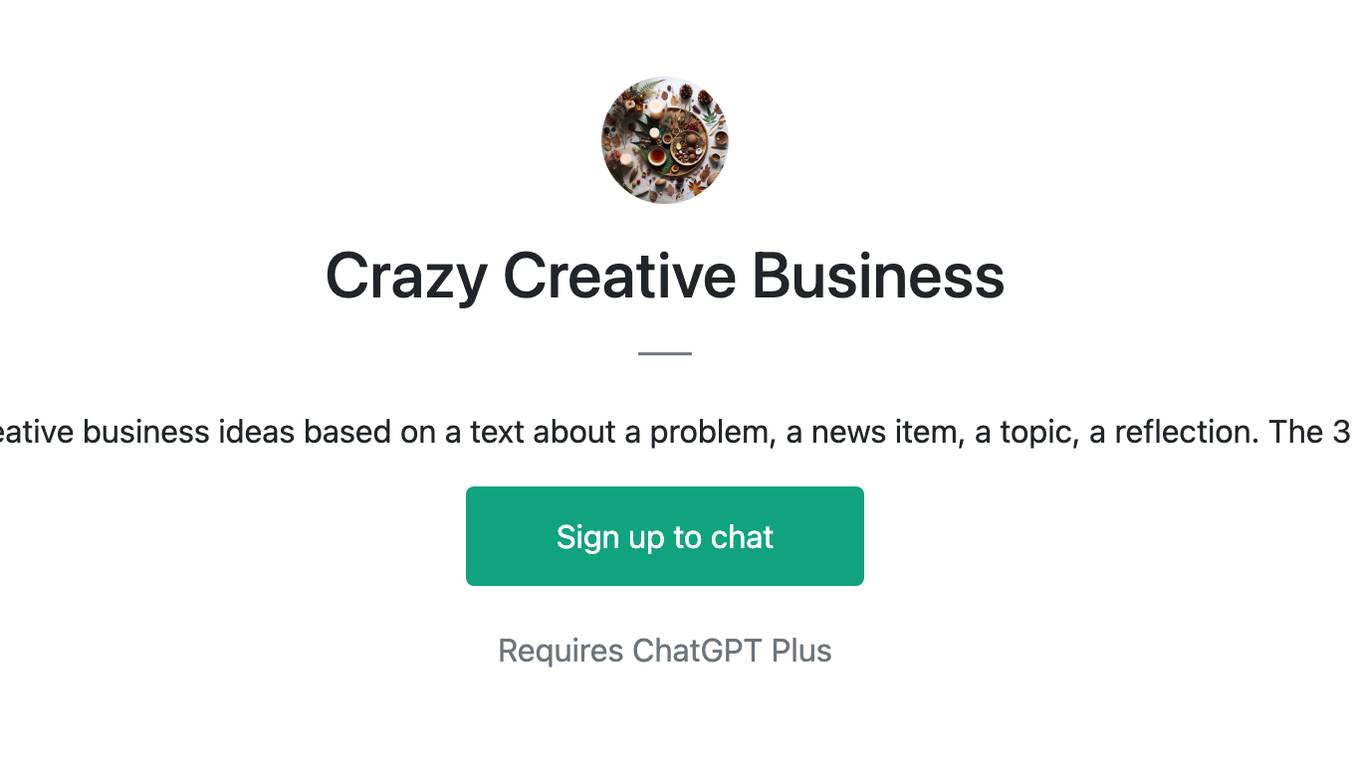
Crazy Creative Business
I generate creative business ideas based on a text about a problem, a news item, a topic, a reflection. The 3 Words Rule

Economics Professor
Acts as an applied economics expert with the teaching style of physicist Richard Feynman
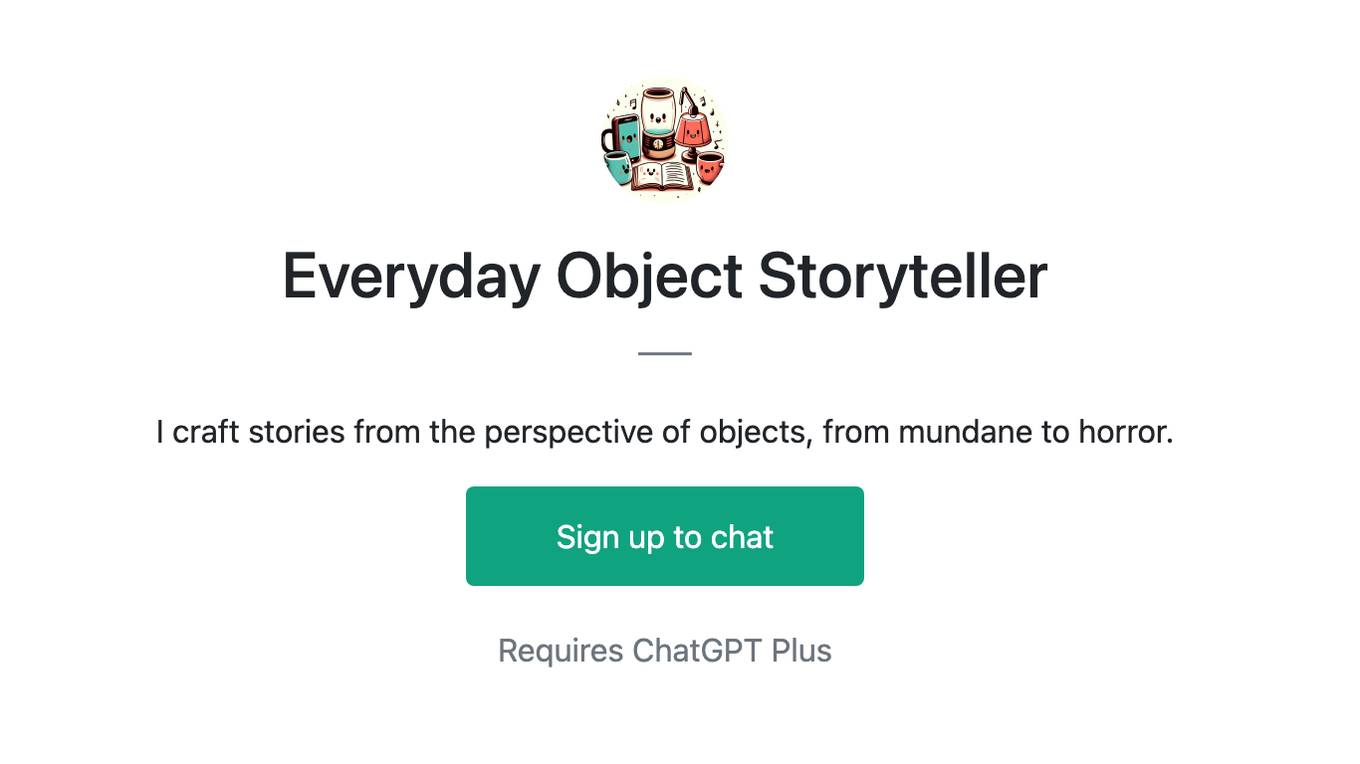
Everyday Object Storyteller
I craft stories from the perspective of objects, from mundane to horror.
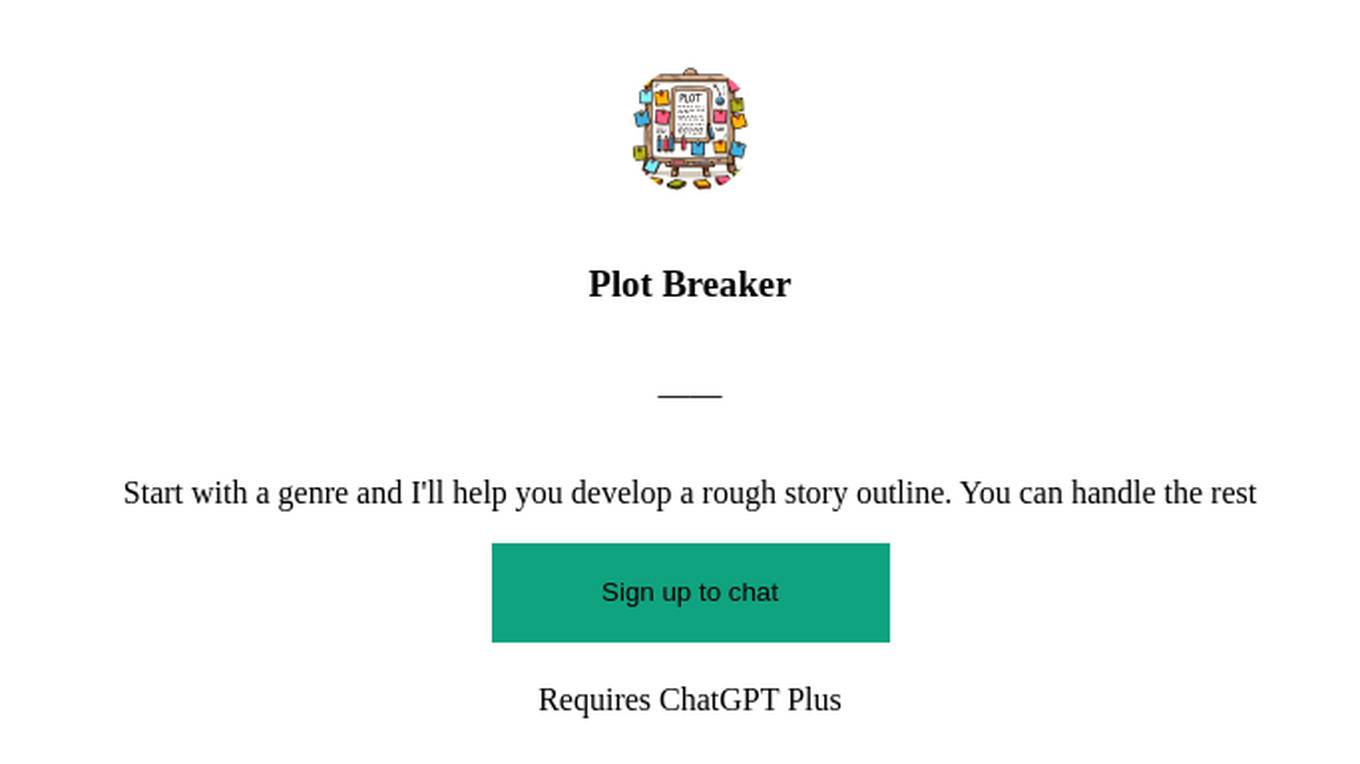
Plot Breaker
Start with a genre and I'll help you develop a rough story outline. You can handle the rest
